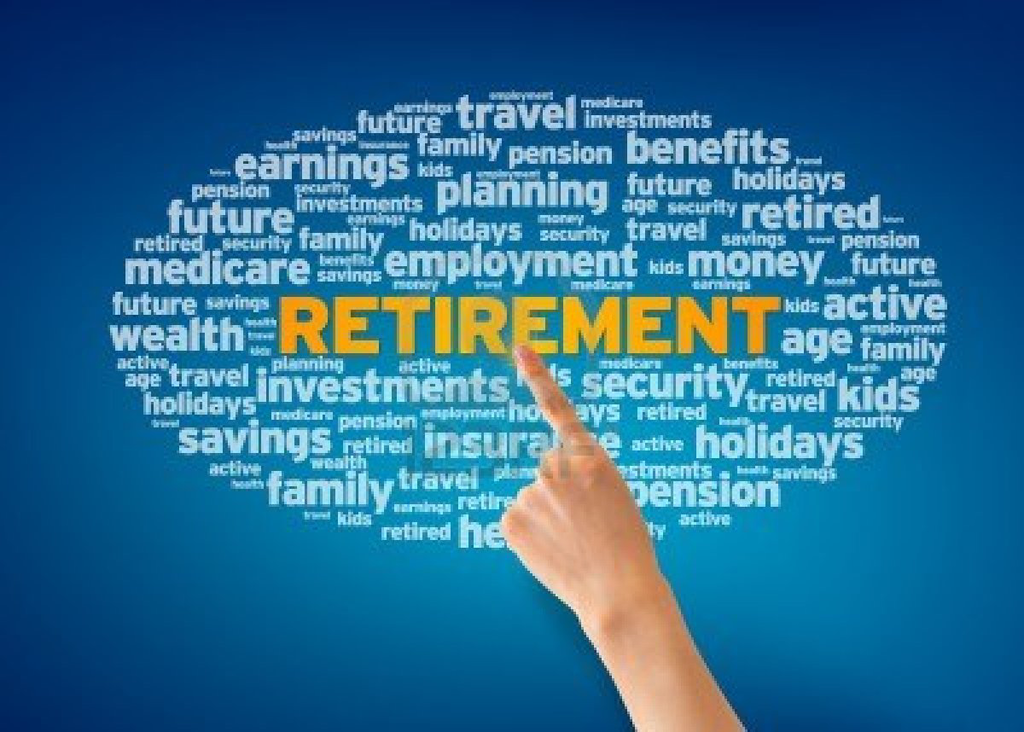While millions of older working Americans are delaying plans to retire amid mounting financial concerns, another group of employees are taking a different path: phasing into retirement. That’s according to new survey research from WTW, a global advisory, broking and solutions company.
The 2024 Global Benefits Attitudes Survey found one in three (34%) workers age 50 and older either have already started phasing into retirement (15%) by reducing their work hours or job responsibilities as they near retirement or want to do so (19%). Most of these employees want to transition into retirement over a long period of time. For example, those who started phasing into retirement at age 59 expect to work nine more years. The survey found similar results for workers who want to phase into retirement when they are older.
Most workers who are currently phasing have reduced their work hours (61%) or job responsibilities (41%). Slightly fewer numbers of employees want to change to a different role or job in their industry or change where or how (more or less remote) they work. When asked what was driving their decisions about when and how to retire, the top reason was financial security (76%) followed by their health (50%) and having more time for family, leisure and travel (45%).
Interest in phased retirement comes at a time when nearly half (46%) of older workers (age 50 and older) expect to work past age 70, a sharp rise from 36% two years ago and 30% prior to the pandemic. Additionally, eight in 10 workers (79%) admit they aren’t saving as much for retirement as they should be, and only half (52%) report being on the right track to retirement.
“Phased retirement can be a win-win for both employees and employers,” said Jonathan Sterbanz, senior director, Retirement, WTW. “Working fewer hours even with reduced pay can help employees transition into retirement both financially and emotionally. At the same time, companies want to hang onto experienced employees and encourage them to pass on their wealth of knowledge to younger employees. Still, most employees think their employers can do a much better job of leveraging the skills of older workers.”
Indeed, only 30% of respondents rate their employer as highly effective at using the skills and knowledge of older workers. Interestingly, two in three employees (67%) believe it’s important to be a mentor and to help train less experienced colleagues before they retire.
The importance of a retirement plan in creating financial security
According to the survey, two in three employees (66%) said their employer-provided retirement plan is more important than ever, with three in four (72%) saying it is the primary way they save for retirement. Additionally, over half of employees (55%) cited their retirement plan as an important reason to stay with their current employer, compared with 48% in 2017.
“With employees seeking greater flexibility around their retirement decisions, employers are faced with the challenge of how to best meet their current and long-term financial needs. As the primary retirement savings vehicles, defined contribution plans can help employers reach that balance. Utilizing available options within their defined contribution plans, along with other developments in the marketplace such as pooled employer plans and lifetime income solutions, will give employers the tools to enhance their benefits in order to provide employees with flexibility as they prepare to retire,” said Chris West, U.S. LifeSight PEP leader, WTW.
Thanks for reading CPA Practice Advisor!
Subscribe Already registered? Log In
Need more information? Read the FAQs




